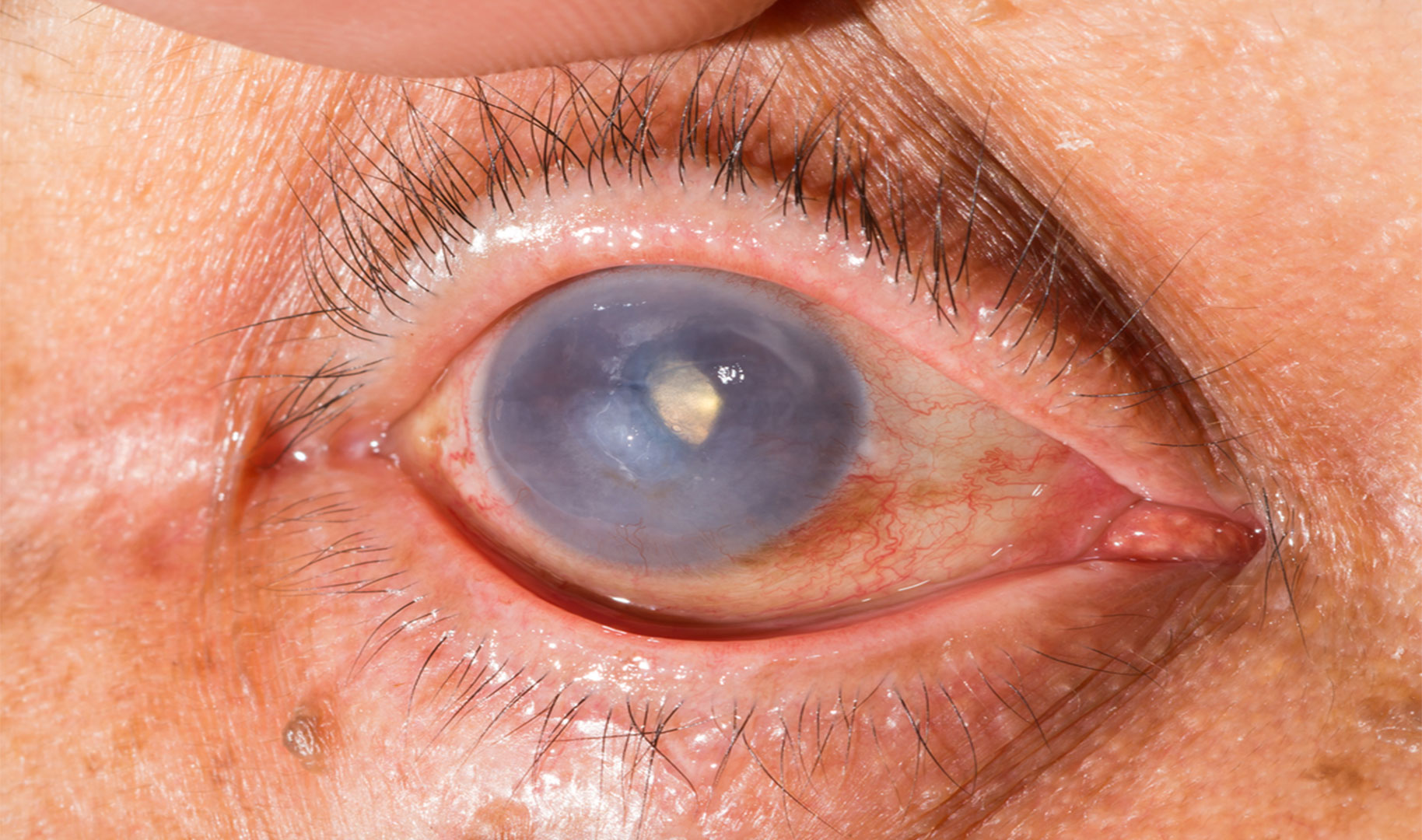Keratopathy is a severe eye disease that may drastically alter a person's quality of life. You may be eligible for VA disability benefits if you are a veteran suffering from this condition.
This post will review the VA disability ratings for keratopathy, the application process, and how you can increase your chances of being approved for benefits.
What is Keratopathy?
Keratopathy is a medical term for any condition that causes damage to the cornea, the transparent front window of the eye. Injuries, illnesses, and preexisting disorders are some of the potential triggers. Keratopathy may be associated with exposure to environmental risks or stressful events for service members.

Understanding VA Disability Ratings
The VA disability rating system is intended to assess the severity of a condition related to military service. Higher percentages indicate more severe disabilities, with scores ranging from 0 to 100%. Eligible veterans' financial compensation and healthcare benefits are determined by their ratings.
How are VA Disability Ratings for Keratopathy Determined?
To determine how keratopathy affects a veteran's quality of life, VA employs the Schedule for Rating Disabilities (VASRD). Conditions affecting the eyes, such as keratopathy, are included in the VASRD and their respective diagnostic criteria and disability ratings.
The VA will evaluate your medical records using the VA's Severity of Disability Rating Standards. Visual acuity, light intolerance, and the degree to which your illness impacts your everyday life are all considered during the assessment.
Understanding the Rating Schedule for Keratopathy
The VASRD defines several keratopathy severity categories according to the following criteria:
- A non-compensable rating (0%): You may be rated as non-compensable if the effects of your keratopathy on your eyesight and everyday life are minimal, meaning you will be eligible for medical treatment but not financial compensation.
- A compensable rating (10-30%): Keratopathy may be compensable if it results in significant visual impairment or requires ongoing medical attention. The exact proportion will be based on how severely your illness affects your eyesight.
- A higher compensable rating (40-60%): If keratopathy progresses to the point that the veteran suffers significant visual loss or requires intensive therapy, they may be eligible for a higher compensation rating.
- Total Disability Individual Unemployability (TDIU) (70-100%): Keratopathy can seriously affect a veteran's eyesight, perhaps rendering them ineligible for TDIU benefits if they need good vision to do their job.
Applying for VA Disability Benefits
Follow these steps to apply for keratopathy disability benefits from the VA:
- Gather Relevant Documentation: Collect any documentation about your keratopathy, including diagnostic tests and therapy notes.
- Complete the Application: To apply for disability compensation and other VA compensation benefits, fill out VA Form 21-526EZ.
- Supporting Evidence: Include any relevant medical records, making sure to draw a direct line from your military duty to your keratopathy.
- Submit Your Claim: You may submit documents to your local VA regional office in person or electronically using the VA's eBenefits portal.
- Patience is Key: It may be a while before your VA disability claim is processed. Wait patiently and be ready to answer follow-up questions or take tests.
VA Disability Rating and Other Benefits
If your keratopathy-related disability rating is 10% or higher, you may be eligible for benefits like:
- Monthly Compensation: If you are disabled and eligible for VA benefits, you will receive tax-free monthly payments.
- Healthcare Benefits: You may get treatment for keratopathy and similar conditions via the VA healthcare system.
- Vocational Rehabilitation: The VA provides vocational rehabilitation services to assist veterans returning to the workforce if keratopathy prohibits them from doing the tasks they were previously employed to do.
- Dependency and Indemnity Compensation (DIC): If your keratopathy proves fatal, your family may be able to collect DIC benefits if you have any dependents.

